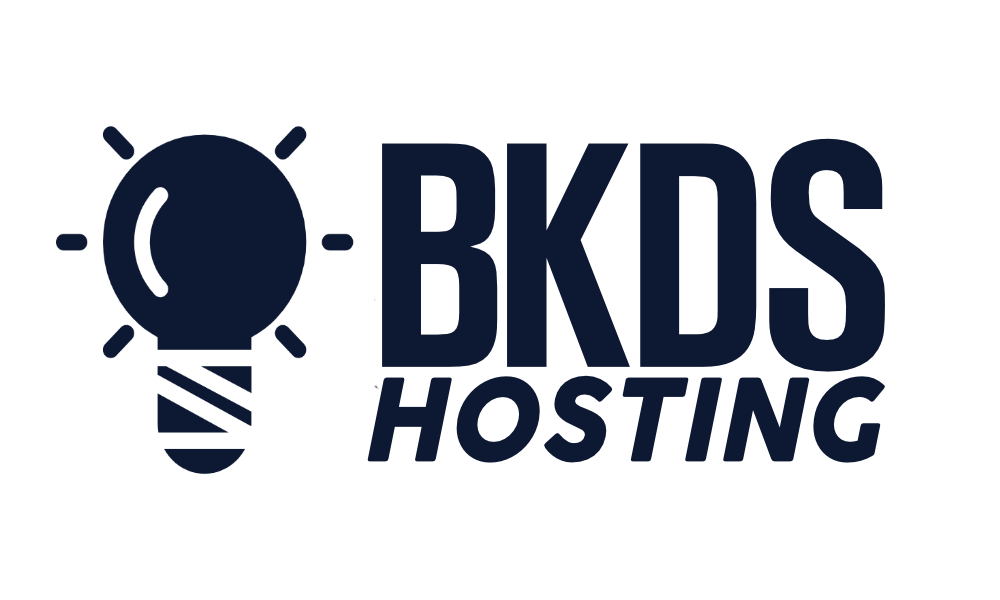In today's digital age, where cyber threats are increasingly prevalent, small businesses are facing the challenge of ensuring the security of their online operations. One way they can achieve this is through Secure Sockets Layer (SSL) certified hosting services. These services offer not just an additional layer of security, but also help enhance customer trust, compliance with data protection regulations, and even improve search engine rankings. However, the tangible benefits and the process of implementing such services might not be immediately apparent to all. As we progress, we shall explore these aspects in more detail, providing a comprehensive understanding of how SSL-certified hosting services can provide a strategic advantage to small businesses.
Understanding SSL-Certified Hosting

SSL-certified hosting, a pivotal tool for small businesses, essentially involves the utilization of Secure Sockets Layer (SSL) certificates to authenticate the identity of a website and provide a secure, reliable browsing environment for users. This certification is not simply an optional add-on but a quintessential requirement for modern businesses striving for a robust digital presence.
An SSL certificate ensures the security of your website by encrypting sensitive data and fostering trust among users. This securing feature is particularly essential for e-commerce websites where financial transactions are frequent. By incorporating SSL certification into their web hosting strategy, small businesses can significantly improve their customer's trust and potentially boost sales.
Furthermore, SSL-certified hosting services help businesses comply with data protection regulations. This compliance is crucial in avoiding potential legal ramifications and maintaining the company's reputation.
SSL Certificates: Key to Data Security
Building on the importance of Secure Sockets Layer certification in web hosting, it becomes crucial to explore the role of SSL certificates as the cornerstone of data security in the digital landscape. An SSL certificate makes a website more secure by encrypting the data transferred between the user and the site, keeping personal information safe from data breaches.
For small business owners, integrating an SSL certificate can help achieve a higher level of security. This is not only beneficial in the context of data protection but also in fostering trust among customers. Here are the key takeaways:
- A website with an SSL certificate reassures visitors of a secure connection, promoting a sense of trust and safety.
- SSL certificates protect sensitive customer data from cyber threats.
- They help prevent potential legal and financial repercussions associated with data breaches.
- Small businesses can boost customer loyalty and consequently, sales, by demonstrating their commitment to security.
In essence, to install the certificate is a proactive step towards safeguarding both the business and its customers, thereby enhancing the overall business reputation in the digital market.
Boosting Business Reputation With SSL

Undeniably, SSL certificates play a pivotal role in bolstering the reputation of small businesses by ensuring secure communications, protecting sensitive data, and demonstrating a steadfast commitment to customer privacy and security. The presence of an SSL certificate is one significant factor in establishing trust with customers, crucial to the image of small, online enterprises.
SSL certificates, a type of security certificates, are an embodiment of the business's commitment to data protection. When data is encrypted using these certificates, businesses signal their dedication to preventing identity theft and data breaches, factors that could seriously tarnish their reputation.
In a world where data security is paramount, the business needs an SSL certificate to not just meet legal and industry compliance, but to convey a strong message to consumers about its robust security protocols. This is integral in boosting business reputation with SSL, and SSL-certified hosting services provide an excellent platform for this.
In essence, an SSL certificate is not just a technical requirement; it is a strategic tool for small businesses to improve their credibility, earn customer trust, and enhance their overall reputation in the online marketplace.
SSL: A Catalyst for SEO
Beyond the realm of data security and customer trust, SSL certificates also serve as a potent catalyst for search engine optimization (SEO), garnering enhanced visibility and ranking for small businesses in the digital marketplace. SSL-certified hosting services enable the Secure Sockets Layer protocol, which not only safeguards data and online transactions, but also boosts a website's SEO performance.
In the context of digital marketing, SSL's influence on SEO can be broken down into four key areas:
- Trust and Credibility: SSL certificates denote a secure web presence, instilling customer confidence and enhancing brand reputation, both factors that contribute to improved SEO rankings.
- HTTPS as a Ranking Signal: Search engines like Google favor HTTPS-enabled websites, providing them with a significant SEO boost.
- Data Security: By protecting information exchange, SSL reduces the risk of data breaches, further enhancing a site's credibility in the eyes of search engines.
- Increased Conversions: The trust engendered by SSL can lead to higher conversion rates, which positively impacts SEO performance.
Thus, for small businesses aspiring to gain traction in the digital landscape, adopting SSL-certified hosting services is no longer a choice, but a strategic necessity.
Selecting The Right SSL Certificate

Having established the crucial role of SSL certificates in optimizing SEO and enhancing digital security, it is imperative to understand the process of selecting the right SSL certificate that best meets your business requirements. Small businesses must consider several critical aspects when choosing the appropriate SSL-certified hosting services.
Firstly, the type of certificate chosen is of utmost importance. There are primarily three levels of validation: Domain Validated (DV), Organization Validated (OV), and Extended Validation (EV) certificates. DV is the most basic level, while EV provides the highest security, an essential feature for e-commerce websites.
Secondly, the compatibility of the Secure Socket Layer (SSL) certificate with different browsers and devices is paramount to ensure a seamless user experience. In addition, evaluate the warranty, customer support, and renewal process offered by the Certificate Authority.
Lastly, the affordability of the SSL certificate should align with the business budget, without compromising the necessary security benefits. By meticulously considering these factors, small businesses can make an informed decision in selecting the right SSL certificate, enhancing their digital security strategy effectively.
Conclusion
In conclusion, SSL-certified hosting offers myriad benefits to small businesses. It fortifies data security, enhances business reputation, and optimizes search engine performance. Moreover, it ensures compliance with data protection regulations and fosters secure financial transactions, crucial for e-commerce entities. Thus, adopting SSL-certified hosting services is a strategic move for small businesses aiming for robust security, enhanced customer trust, and regulatory compliance.

